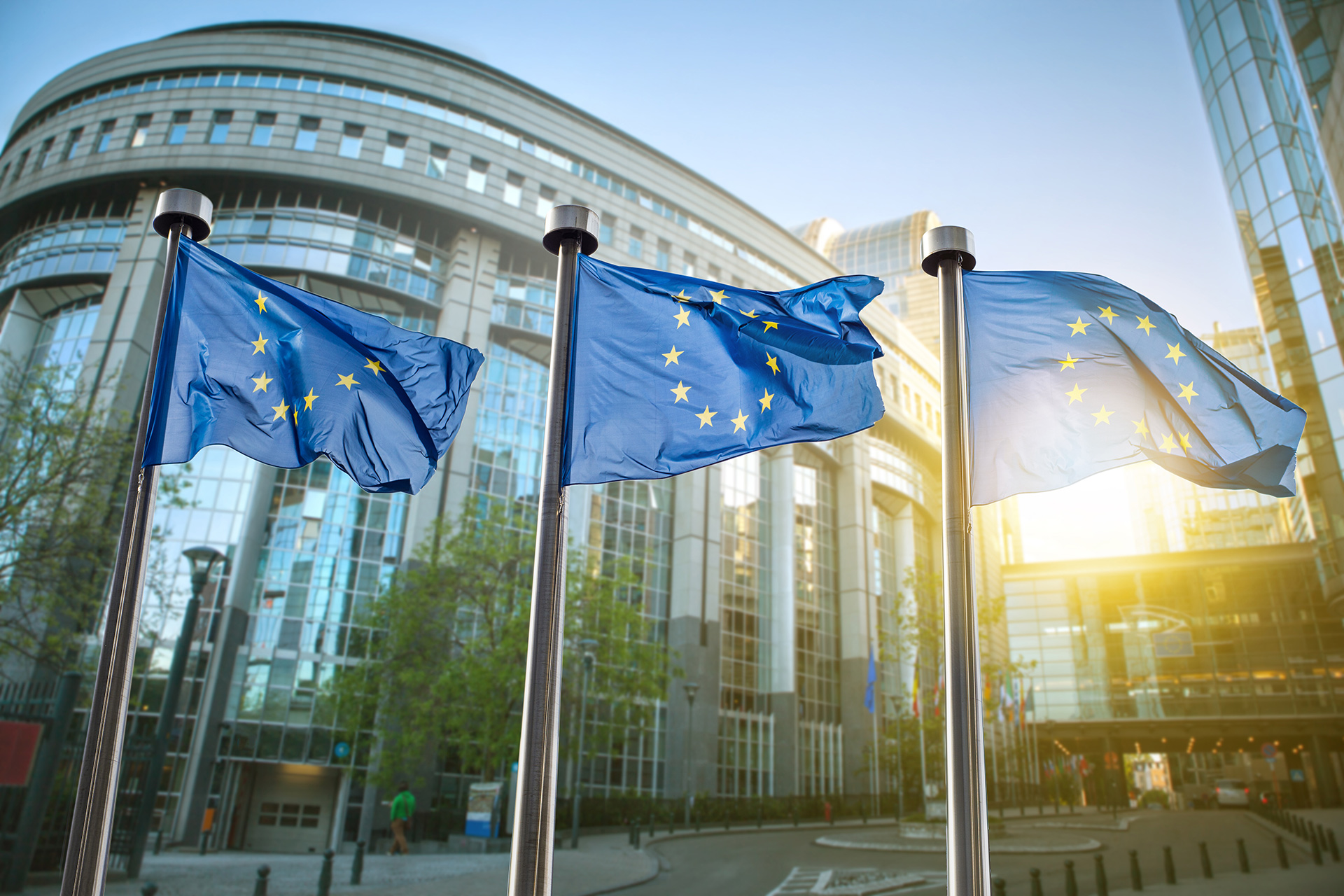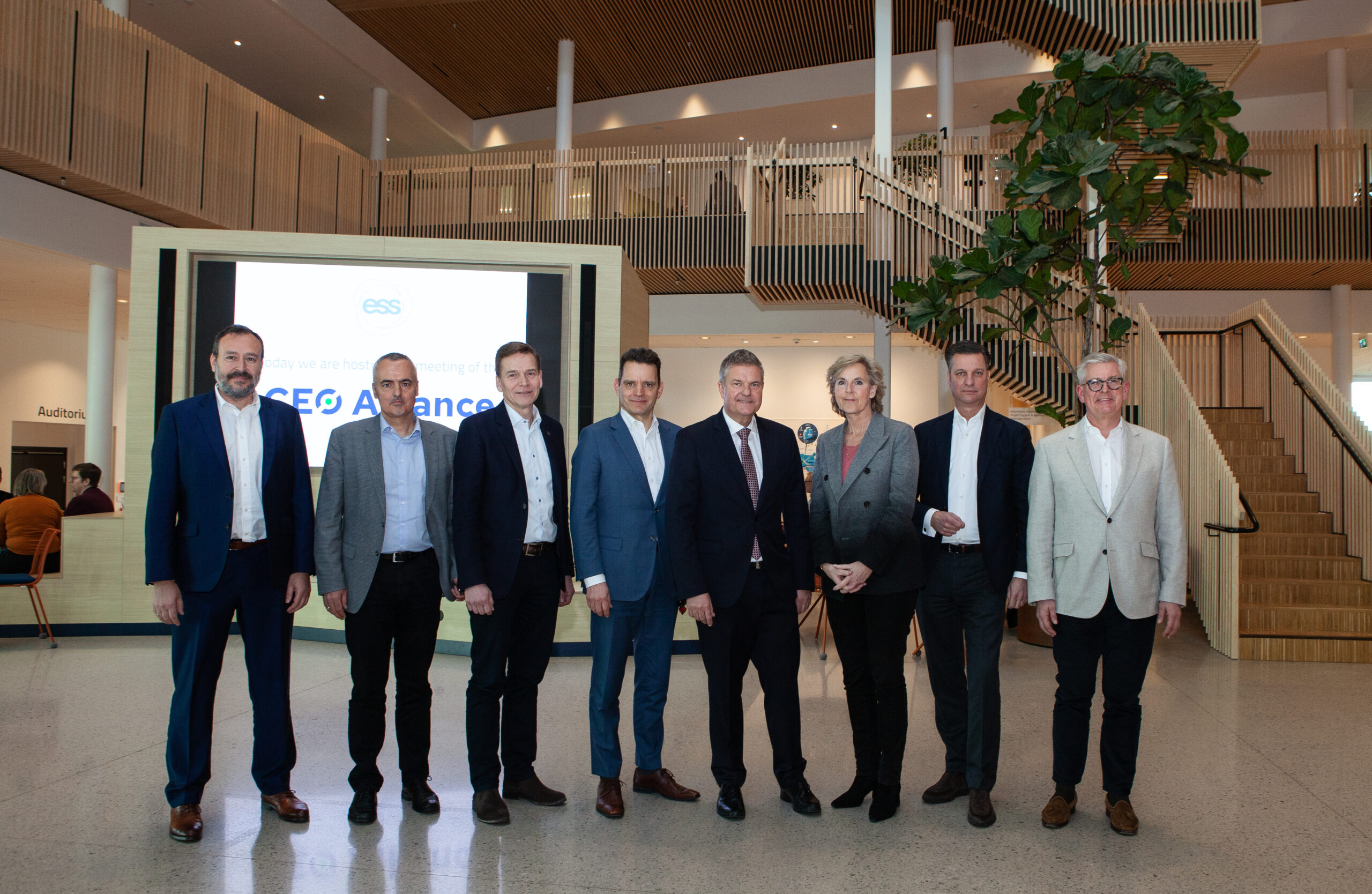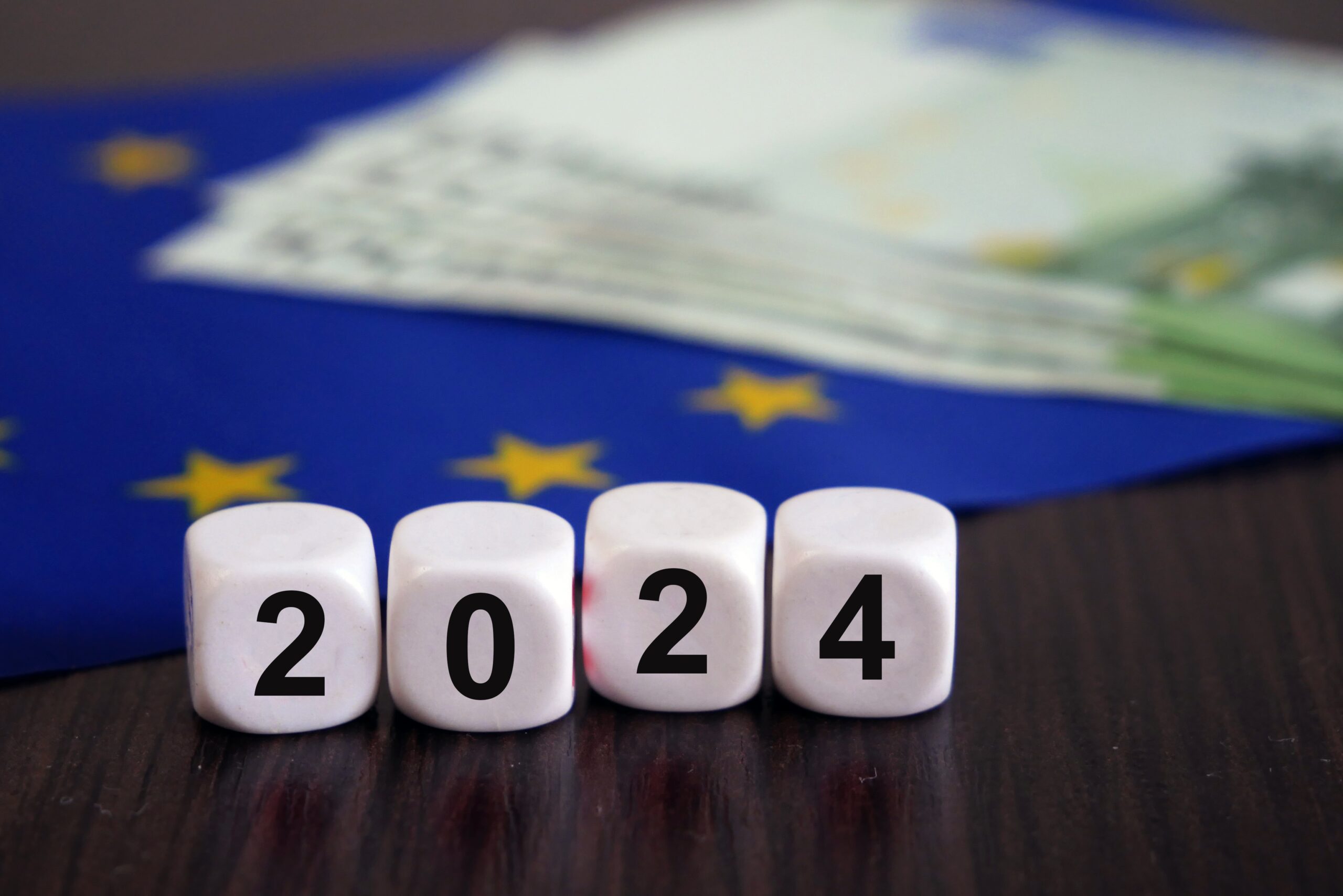Dear Commission President von der Leyen,
As a new year starts, Europe faces a multitude of compounding challenges. The ongoing Russian war of aggression in Ukraine and the aftermath of the pandemic have created massive challenges to our energy system and for global supply chains, which together have detrimental effects on the European economy. Meanwhile, the challenge of climate change is only growing increasingly urgent.
The CEO Alliance strongly believes that climate mitigation efforts by individual companies and of Europe as a whole can also improve Europe’s resilience against these other, parallel crises. To succeed, strengthened European cooperation is essential. With coordinated and unified European action – aiming especially at the energy sector, infrastructure for renewables, electrification, energy efficiency, digitalisation, and industrial value chains – we believe we can achieve our vision of a more prosperous, sustainable and resilient Europe.
With this letter, the CEO Alliance would like to offer our input on key actions required within the year ahead in key sectors:
Firstly, concerning the energy sector, two high level tasks will be key for the year ahead, addressing the short and longer term respectively:
-
Short-term measures must be taken to address the energy crisis and the challenge of ensuring adequate energy and gas supply for the winter of 2023-2024, while accelerating the transition away from dependence on fossil fuels. Action should be taken to speed up electrification and energy efficiency, and to increase renewable electricity production e.g. through harmonisation of policy frameworks and simplified permitting. We call upon policymakers in the EU and its Member States to continue building on the momentum of the RePowerEU plan in 2023.
-
Complementing and building on these short-term measures, we must work towards the fundamental transformation of the European energy system, including sector coupling. To fully address the climate crisis, the EU and its Member States must build a fossil-free energy system, which will be a cornerstone of European sovereignty, resilience, competitiveness and prosperity. To be successful, the upcoming revision of the EU electricity market design, the development of the hydrogen market and the overall approach to the polluter-pays principle must be built on market principles and strong price signals and be designed to attract and promote private investment in the right direction. Proper carbon pricing will accelerate direct electrification in industrial processes, while an accelerated ramp-up of renewable hydrogen production can enable decarbonization of hard-to-abate industrial processes.
Digitalisation presents uncaptured potential for improving energy efficiency, and should therefore be seen as an indispensable part of the transition to a low-carbon society. Connected devices, edge control and mobile technologies – not least facilitated by 5G networks – are essential enablers of monitoring, visualisation and management of energy production, distribution and consumption. Active energy efficiency technologies are readily available, can be installed without permitting procedures, and provide up to 30% energy savings with quick return on investment (approx. five years).
Second, the transformation of our energy system can only reach its full potential if coupled with an ambitious deployment of corresponding and adequate infrastructure, which would enable direct and indirect electrification of industry and the transport sector:
- To enable rapid electrification of industries and transport, European power grids must be rapidly developed and adapted to the new needs: increased demand, and new load and generation patterns. A key step in this regard would be the development of more agile permitting procedures for electricity grids, similarly to what the EU and its Member States have achieved with regard to deployment of renewable energy generation. Increased flexibility, more interconnectors, distributed generation and demand-side optimisation through digitalisation will be crucial in this new reality; but are still hampered by regulatory barriers. Recent research by smartEN shows that the full activation of flexibility in buildings, electric vehicles, and in industry could generate savings of 37.5 million tonnes (Mt) annually in GHG emissions.
- For the transport sector, the soon-to-be finalized Alternative Fuels Infrastructure Regulation and subsequent national implementation plans must take the realities of the sector into account and ensure a widespread coverage of megawatt charging stations for heavy-duty road transport across the TEN-T Network so that long-haulage road transport can realistically be electrified in the short term.
Thirdly, on industrial value chains and key technologies, the EU should strengthen both its domestic manufacturing capacity and upstream value chain activities as well as global partnerships with other countries. Achieving the energy transition is crucial for the competitiveness of European industries, but more needs to be done. In this regard, we commend the European Commission for its efforts to create a genuine and circular market for carbon removal technologies and to secure critical raw materials needed for batteries, microchips and photovoltaics. We urge EU and Member States’ policymakers to build on these initiatives to strengthen the European industrial base and to create competitive and resilient European markets for these crucial materials and technologies, not least through the recently announced Net Zero Industry Act and an ambitious EU Industrial Strategy.
The US Inflation Reduction Act will accelerate the needed transformation in the US, but the EU must take action to ensure that investments in Europe will not be adversely affected. In doing so, we strongly recommend to avoid actions that would be considered to go against our US partners. Europe and its likeminded global partners must stand together and provide a level playing field for citizens and companies. Sustainability is key to competitiveness and to Europe’s economic success.
***
Fundamentally, the CEO Alliance recommends that the EU and its Member States take bold and concerted actions to accelerate the transformation of our economy in light of the current challenges. The EU should focus on its strength in a common, unified and market based approach, and should continue to build global partnerships and strengthen free trade.
The CEO Alliance is convinced that the mitigation of the climate crisis, and hence decarbonization of all industries, is possible while preserving and strengthening European prosperity and protecting vulnerable communities. That is why we are working towards this transformation through massive investments in electrification and decarbonization of our products and services, in required infrastructure and in industrial value chains – as individual companies and through our joint projects.
We would highly appreciate to continue the dialogue with you in 2023, to support the journey of Europe towards a more prosperous, digitalised, sustainable, decarbonized and resilient future.
On behalf of the CEO Alliance
Christian Levin
Chairman of CEO Alliance
CEO of Traton Group and Scania Group
This letter has been sent to the following recipients:
Ursula von der Leyen, President of the European Commission
Frans Timmermans, Executive Vice-President, European Green Deal
Margrethe Vestager, Executive Vice-President, A Europe Fit for the Digital Age Valdis Dombrovskis, Executive Vice-President, An Economy that Works for People
Thierry Breton, Commissioner for Internal Market
Paolo Gentiloni, Commissioner for Economy
Adina Vălean, Commissioner for Transport
Kadri Simson, Commissioner for Energy
Roberta Metsola, President of the European Parliament
About the CEO Alliance: We are a cross-sector action tank consisting of 13 leading European companies representing key industry sectors, with ~1.6 million employees and ~EUR 560 billion annual revenue. We use our broad platform to make decarbonization of European industry happen. In spite of the challenging times we firmly believe that the only way forward for a competitive, prosperous, resilient and sustainable Europe is an acceleration of the transition to green energy and technology. Further information about our work is available on our website, www.ceo-alliance.eu.



